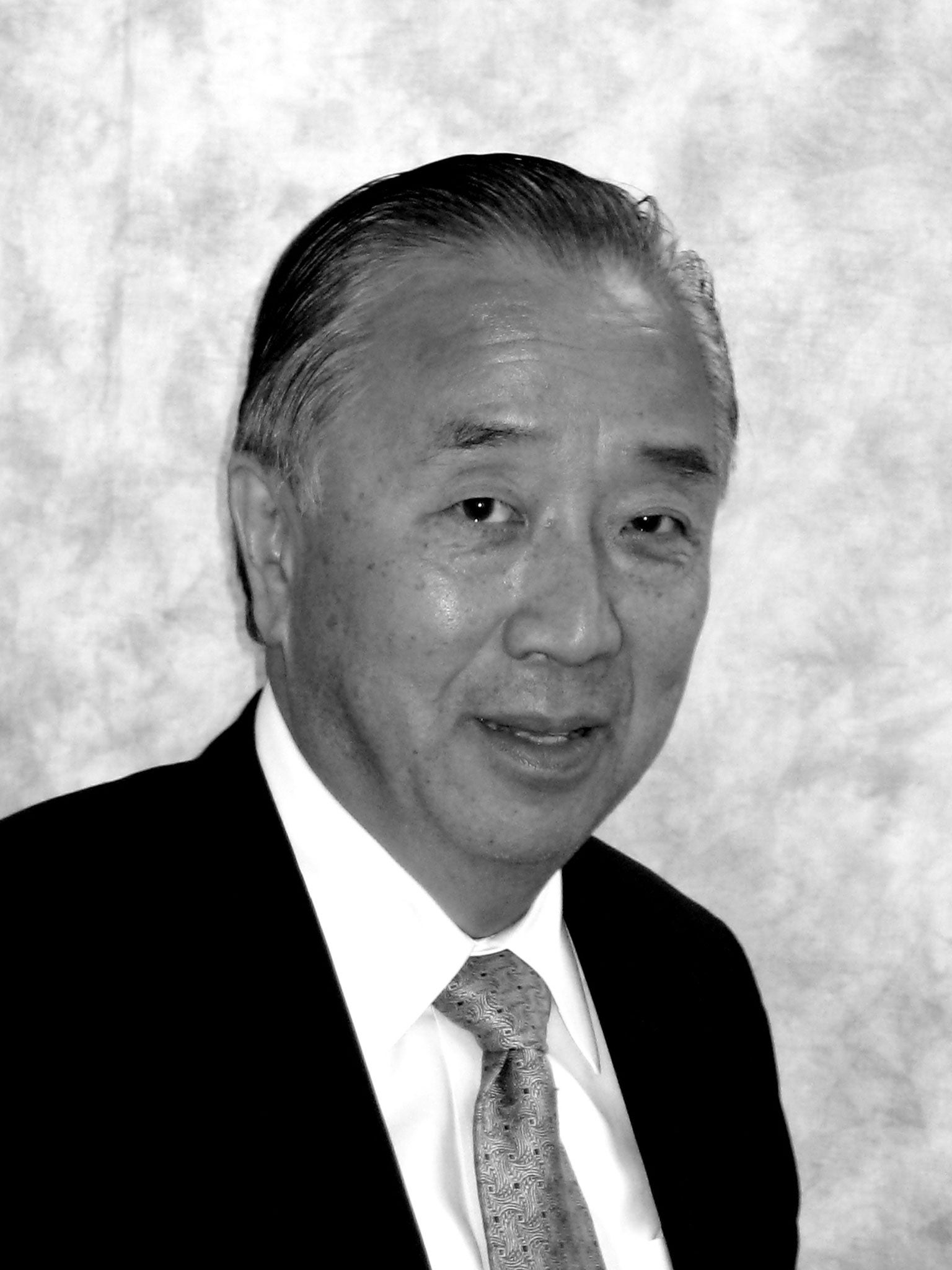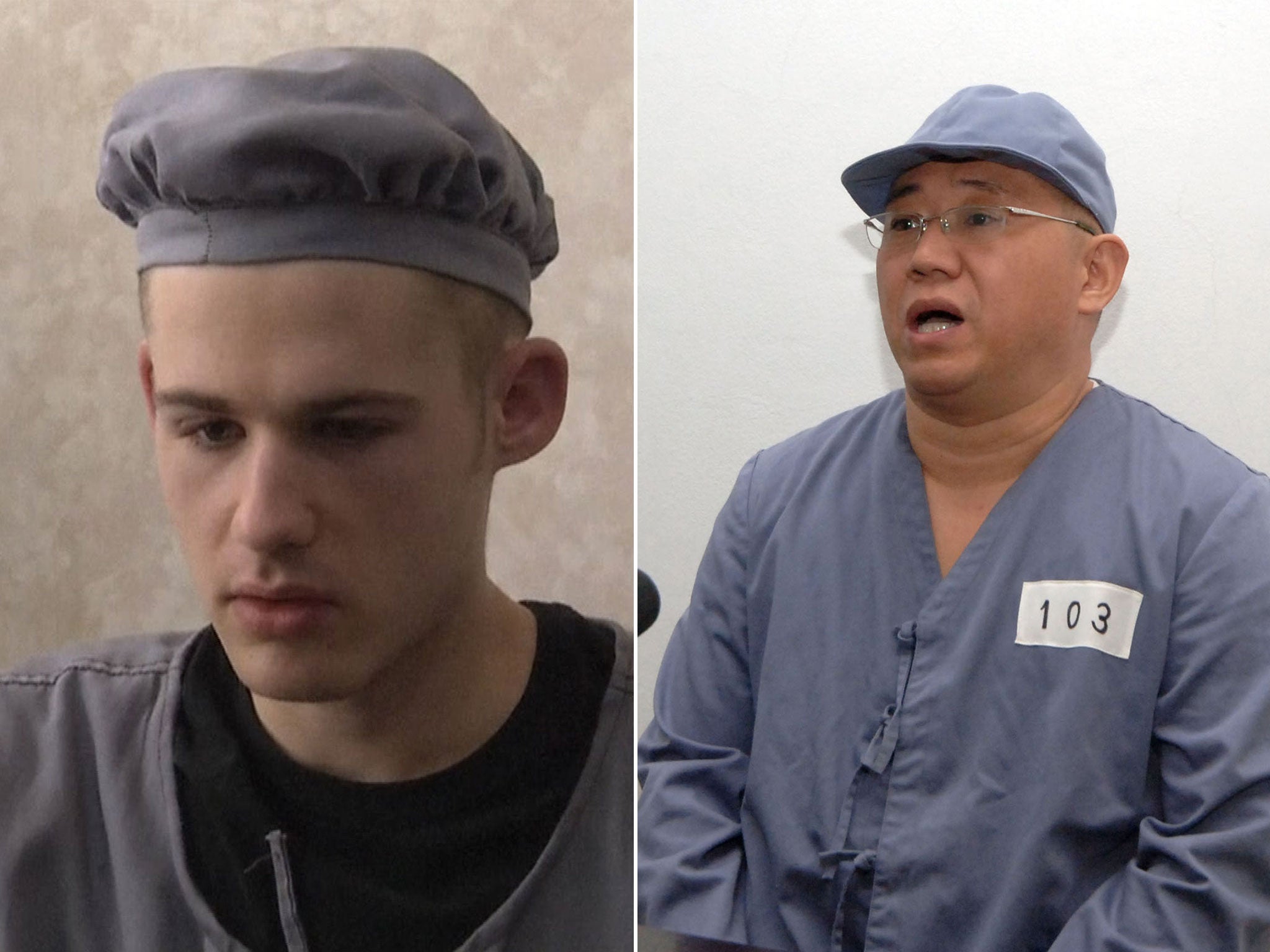The behind-the-scenes fixer who has North Korea’s ear
With no official position, Kun ‘Tony’ Namkung seems to have played a central role in the sudden release of three American prisoners

Few people know how or why Pyongyang decided to release two American prisoners over the weekend. Acts of leniency from the autocratic North Korea are rare indeed.
But one man who could shed light on an uncommon act of diplomacy is Kun “Tony” Namkung, a mysterious intermediary who has for years negotiated with the unpredictable regime.
Offering sensitive advice to high-level US, Japanese and South Korean figures in their dealings with North Korea, Mr Namkung, 67, has played a critical backstage role in bringing about the release of three Americans: first, last month, Jeffrey Fowle, and then, at the weekend, the missionary Kenneth Bae and “adventurer” Matthew Todd Miller, both sentenced to hard labour for “hostile acts”.
On his most recent visit to Pyongyang last month, Mr Namkung lobbied hard with a wide range of contacts to win freedom for all three of the Americans. His efforts followed a prolonged campaign for mercy for 46-year-old Mr Bae, arrested two years ago for trying to spread “Christian propaganda” while leading a tour group from China to the industrial zone at Rason near the Chinese border.
Mr Namkung knew Mr Bae’s and Mr Miller’s release was imminent when Mr Fowle, who had been detained at a hotel awaiting trial, was told 30 minutes before being taken to the airport that he was going home. “One down, two to go,” Mr Namkung, who holds a doctorate from the University of California, Berkeley, emailed after Mr Fowle’s release.
Mr Bae’s case appeared grim after he was sentenced to 15 years and forced to work as the sole inmate of a prison camp.In brief and carefully staged meetings with foreign journalists, Mr Bae said he was in ill health and was far from certain he could survive for long under those conditions.
“I just want to say thank you all for supporting me and standing by me,” Mr Bae said as he arrived back in the US on Saturday night.
Mr Miller, 25, was jailed after ripping up his North Korean visa on arriving at Pyongyang’s international airport in April and demanding “asylum” in North Korea. He was sentenced to six years. The whole act was a ploy, Mr Miller allegedly confessed, so he would be sent to a prison and get a first-hand look at horrific conditions. In fact, Mr Miller was made to work alone on a prison farm, in isolation from other prisoners.
On their flight back to the United States the two men were accompanied by James Clapper, the director of National Intelligence, who Barack Obama praised for doing a “great job” on a “challenging mission”.

But over lunch in Seoul last month after his latest visit to Pyongyang, Mr Namkung described how his mission was to free all three men. And at the weekend he said the release of Mr Bae and Mr Miller was “part of other things going” – a statement that could relate to efforts to bring about a thaw in the frosty dialogue between the US and North Korea.
Mr Clapper had flown to Pyongyang to secure the prisoners’ release, bearing a letter from Barack Obama stating that he was the President’s “envoy”. North Korean state media reported that Mr Obama included an “earnest apology” for the misdeeds of Mr Bae and Mr Miller and that they had shown “sincere repentance” and “behaved themselves” as prisoners.
After Mr Fowle was released, North Korea said Mr Obama had sent numerous letters requesting the release of all the prisoners. Mr Namkung and the Swedish embassy, representing the US in Pyongyang, are believed to have delivered the missives.
It would not be the first time that Mr Namkung has been the central figure in negotiating vital issues. Last year, he was the key player in two missions to North Korea – he was in Pyongyang with the Google chairman Eric Schmidt and the former New Mexico Governor Bill Richardson, with whom he has gone to North Korea half a dozen times. And he was on hand to mark the first anniversary of Associated Press’s Pyongyang bureau, which Mr Namkung had expedited.
Softly-spoken and suave, Mr Namkung denied he was an apologist for North Korea. “The general impression is that I’m not at all critical of the North Korean regime,” he said. “My purpose is to act as a back channel. It’s like pulling teeth, as you might imagine.”
Mr Namkung emerged as an influential figure at a time when North Korea was brandishing threats very similar to those now emanating from Pyongyang. An unofficial intermediary in attempts to get the North not to withdraw from the Nuclear Non-Proliferation Treaty, Mr Namkung takes credit for drafting North Korea’s promise, in a joint communiqué with the US in 1993, in which it said it was ready for “consultations” with the UN nuclear agency “on outstanding safeguards” including inspections of its nuclear facilities.
Join our commenting forum
Join thought-provoking conversations, follow other Independent readers and see their replies
Comments
Bookmark popover
Removed from bookmarks